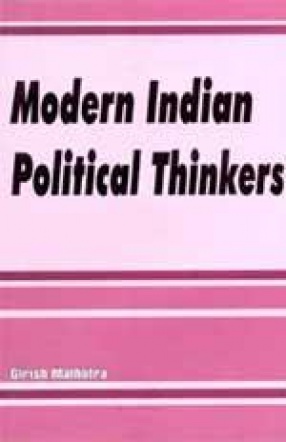
Showing all 5 books

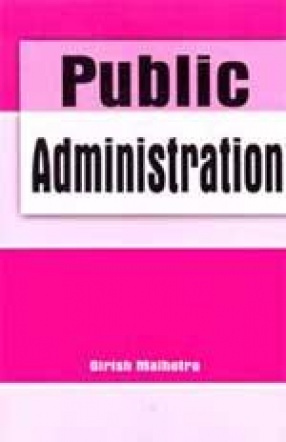
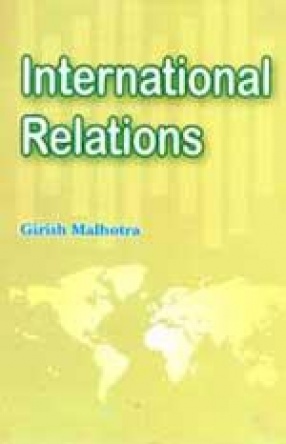
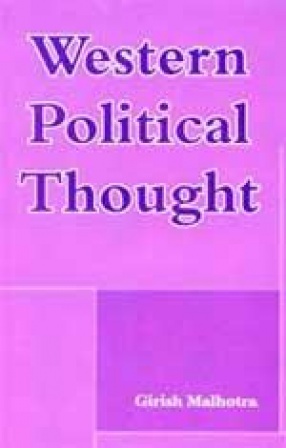
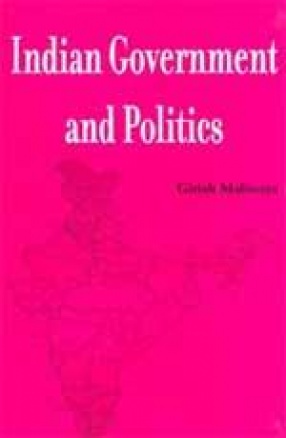

The aim of this book Modern Indian Political Thinkers is to give the readers the opportunity to study a range of India political thinkers who are considered to be key in the ‘canon’ of Indian political thought. It provides a thematic exploration of the contextual meanings and configurations of major political ideas and ideals that have shaped the political world of colonial and post-colonial India. Selected thinkers are examined with a view to their lasting ...

Public administration is the process and study of policy implementation in the federal, state, and local governments. Governments are made of all levels of bureaucracies and within these bureaucracies administrators manage workers so to carry out the policies. Administrators are specialized in different areas such as budgeting, finance, policy analysis, management, and technology. This book is about those parts of government that most directly affect us-public ...

The Study of International relations has in some way always been a part of human civilization. Even in the earliest organised human societies, under standing the dynamics of the interactions between nations was considered an essential part of understanding of international relations is essential for not just heads of state but also many, if not most, involved in business and professional activities in this age of increasing globalisation. The field of ...

Political Philosophy is the study of the fundamental questions about the state, government, politics, property, law and the enforcement of a legal code by authority†what they are, why they are needed, what makes a government legitimate, what rights and freedoms it should protect and why, what from it should take and why, what the law is, and what duties citizens owe to a legitimate governance, if any, and when it may be legitimately overthrown. Western ...

The government of the India, officially referred to as the union government, established by the Constitution of India, is a union federal republic of 28 states and 7 union territories. According to its Constitutions, Indian is a “Sovereign socialist secular democratic republicâ€. The central government, with a bicameral parliament operating under a Westminster-style parliamentary system. It has a three branch system of governance consisting of the legislature, ...
